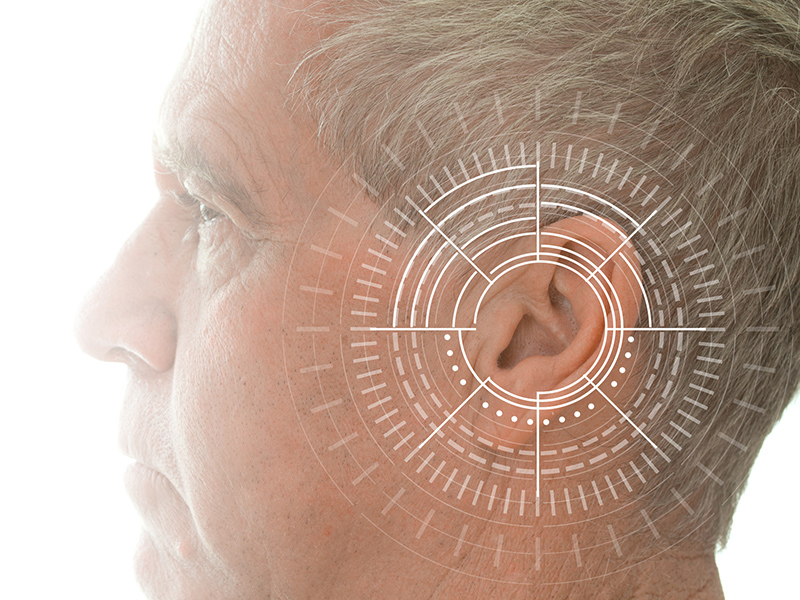Mild hearing loss often is brushed aside and considered to be not that bad. But it’s something you do want to treat if possible. Mild hearing loss can still affect how easy it is for you to hear and get all the information you need from someone’s speech.
Even if you aren’t concerned about a mild loss, you should consider a treatment like a hearing aid so that you don’t miss out on important exchanges and start to feel isolated.
What is considered mild hearing loss?
Mild hearing losses are those less than 40 dB HL. When you have a hearing evaluation done, one of the first tests is an audiogram, that beeping test you used to get when you were a child.
Your responses are plotted on a chart that shows the decibel levels you were able to hear at different frequencies. A mild loss is not necessarily an indication that you will develop more significant hearing loss. Someone who hears normally for all frequencies except one might not really notice much difference. But for many people there can be enough of a difference to make life annoying.
How any hearing loss can affect you
The effects of a mild hearing loss are not negligible in most cases. You may find that you’re confusing certain words when people speak, especially those that contain the sounds “f” and “s”. Each speech sound you make has its own frequency, and these two sounds are very similar. People who speak more quietly may seem like they are mumbling even if everyone else can understand them. The inability to clearly understand what everyone is saying may get much more intense with distance than it would if you did not have a hearing loss.
You may miss information, confuse words, and start asking people to speak up or repeat themselves. Given enough muffling and loss, you could even begin to experience signs of depression and isolation. You might avoid people – or they might avoid you, claiming that you keep interrupting them – and you may end up not participating in a lot of activities. Feelings of paranoia can set in, especially if you begin to think people are deliberately trying to leave you out of the conversation.
Children may have an even tougher time with a mild hearing loss. They may miss enough information to affect their speech development, and children in school may lose interest in subjects because they just can’t hear the teacher clearly.
Worst of all, if you leave the loss untreated and instead turn up the volume on sounds, you can damage your hearing further, and end up with a more severe hearing loss.
How to treat hearing loss
When you see a hearing specialist, you’ll have a thorough hearing evaluation. You may undergo a fitting for a hearing aid or an evaluation for other assistive listening devices. For example, if your family complains that you’re turning up the TV too much, you might benefit from a special loop amplifier that works with your hearing aid to make the TV easier to hear.
Treating a mild loss helps you regain or retain your quality of life. We can help you find the right strategy for hearing sounds easily once again.
